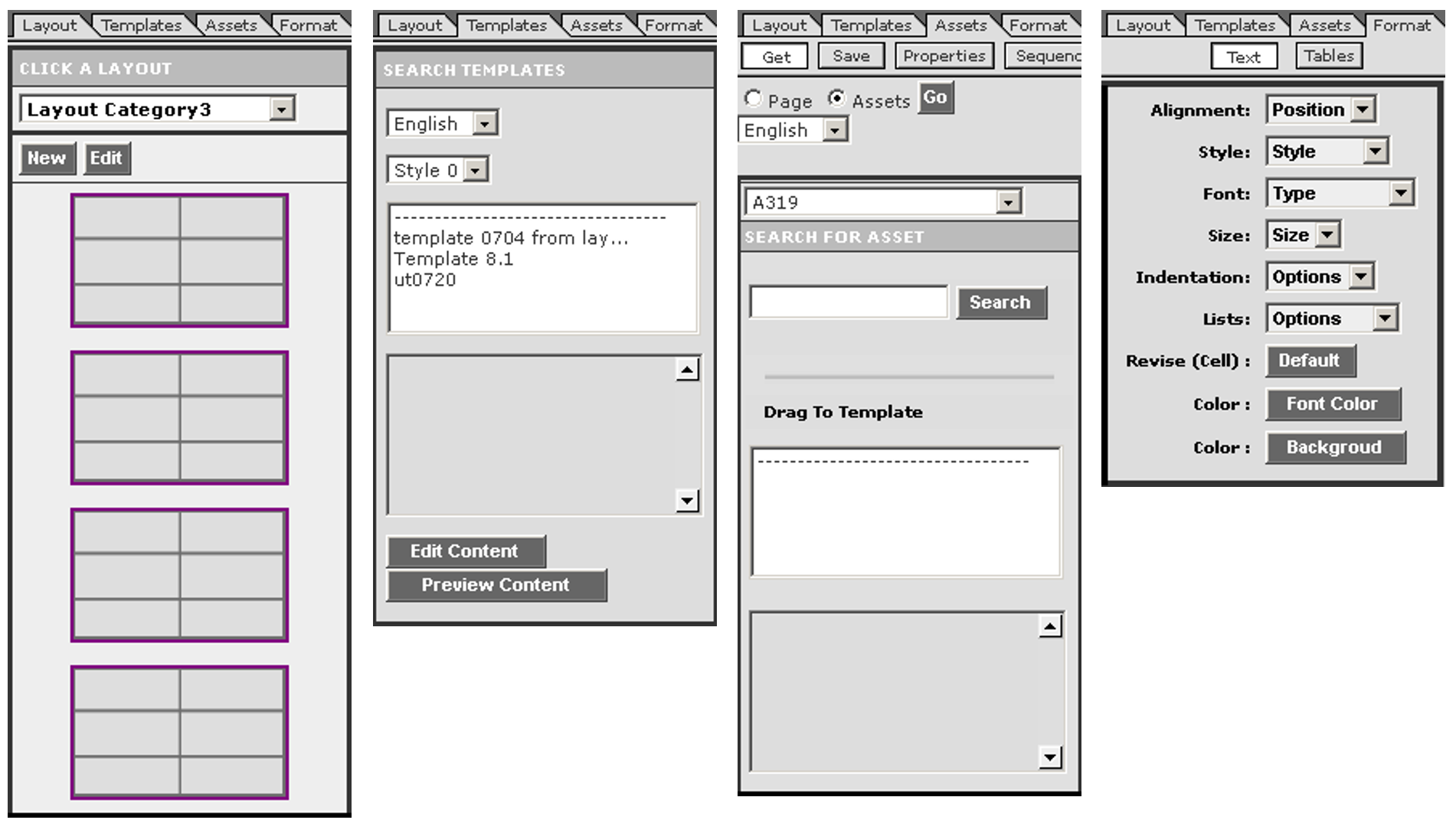Inferential reasoning comprises exploratory analysis of data to draw conclusions (Guadalupe & Gómez-Blancarte, 2019). Data science can combine math reasoning, including informal inferential, with critical thinking plus the power of computers (Leard & Lamoureux, 2020). We can use computers to do work more efficiently for us (Berikan & Özdemir, 2019), like compute thousands of lines of data.
Strategies used while interacting with a computer comprise complex combinations of tactics purposefully selected for task attainment (Leard & Hadwin, 2001). A foundational process is decomposing to look for patterns. We can design and translate algorithms into code to look for patterns. With the output of these algorithms, we can infer through abstractions (Berikan & Özdemir, 2019).
Abstractions can be in the form of computational models (Gadanidis, 2020): data visualizations and data analyses. Computational models are created within the data science analysis process and are evidence of math reasoning and critical thinking within that process.
Launch a Jupyter notebook that highlights the data science analysis process, including exploration of data from a U18 field hockey game, critical thinking prompts, and extensions beyond the grade 7 to 9 curricula.
Berikan, B., & Özdemir, S. (2019). Investigating “problem-solving with datasets” as an implementation of computational thinking: A literature review. Journal of Educational Computing Research, 58(2), 502–534. https://doi.org/10.1177/0735633119845694
Gadanidis, G. (2020, September 2). Shifting from computational thinking to computational modelling in math education [Online plenary talk]. Changing the Culture 2020, Pacific Institute for the Mathematical Sciences.
Guadalupe, T. & Gómez-Blancarte, A. (2019). Assessment of informal and formal inferential reasoning: A critical research review. Statistics Education Research Journal, 18, 8-25. https://www.researchgate.net/publication/335057564_ASSESSMENT_OF_INFORMAL_AND_FORMAL_INFERENTIAL_REASONING_A_CRITICAL_RESEARCH_REVIEW
Leard, T., & Hadwin, A. F. (2001, May). Analyzing logfile data to produce navigation profiles of studying as self-regulated learning [Paper presentaion]. Canadian Society for the Study of Education, Quebec City, Quebec, Canada.
Leard, T., & Lamoureux, M. (2021, February). Data literacy through sports analytics for grades 7–9 [Pre-recorded online conference presentation]. Central Alberta Teachers' Convention Association.
Design of Learning Management System
Role as human performance technologist with eLearning and Knowledge Management, Air Canada
for ramp employees
• Self-service performance support
• Instructor-led training
(classroom and on-site coaching)
• Self-directed learning
(web-based courses and community)
• Reporting on learner skills and knowledge gaps and achievement
• Tracking of competencies across learning objects
LMS content builder
